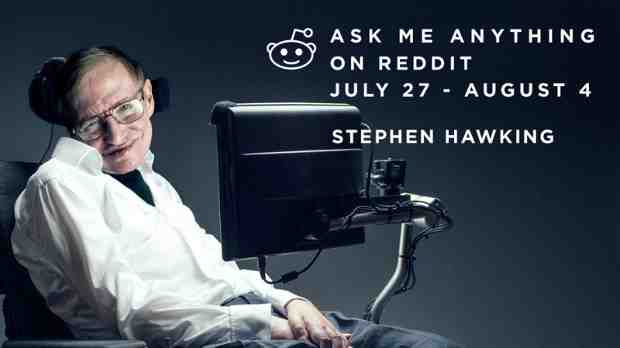Stephen Hawking: Technology Could Spell the End of Human Race
While advances in artificial intelligence (AI) are poised to solve some of humankind’s most difficult problems, iconic theoretical physicist Stephen Hawking cautions that the technology could spell the end of the human race if left unchecked.
Hawking is an early adopter of communications technology—a primitive form of AI—but he fears the consequences of machines that could supersede humans.
“We must build safeguards into AI research and development to be sure that we use it for beneficial purposes versus it controlling us,” Hawking said.
[ Can Humans and Robots Coexist? ]
Along with tech luminaries Elon Musk and Bill Gates, Hawking signed an open letter earlier this year imploring researchers to balance the benefits of AI with the risks.
The letter acknowledges that AI innovations could help eradicate disease and poverty, but it puts the onus on scientists on the front lines of artificial intelligence R&D to keep the human factor front and center in their research.
Hawking plans to discuss his concerns about AI and answer questions on other topics in his first ever reddit Ask Me Anything (AMA), as part of the Nokia & WIRED #maketechhuman initiative.
[ Future of Crime: Attack of the Killer Robots ]
“The #maketechhuman debate that Nokia has enabled is all about ensuring that technology serves humanity, in the right way,” said Barry French, chief marketing officer, Nokia. “I cannot imagine a better person to add value to this discussion than Professor Hawking. Nokia is honored, and I am personally honored, by the fact that he will join us on his first ever reddit Ask Me Anything conversation.”
The AMA will take place over several days, which is a first for reddit. Hawking will be accepting questions from Monday, July 27 through Tuesday, August 4 at this site and will provide answers in the next few weeks.
For more information on the AMA and #maketechhuman, you can visit here.
WIRED & Nokia first launched the initiative back in March with an AMA hosted by World Wide Web inventor Sir Tim Berners-Lee.













